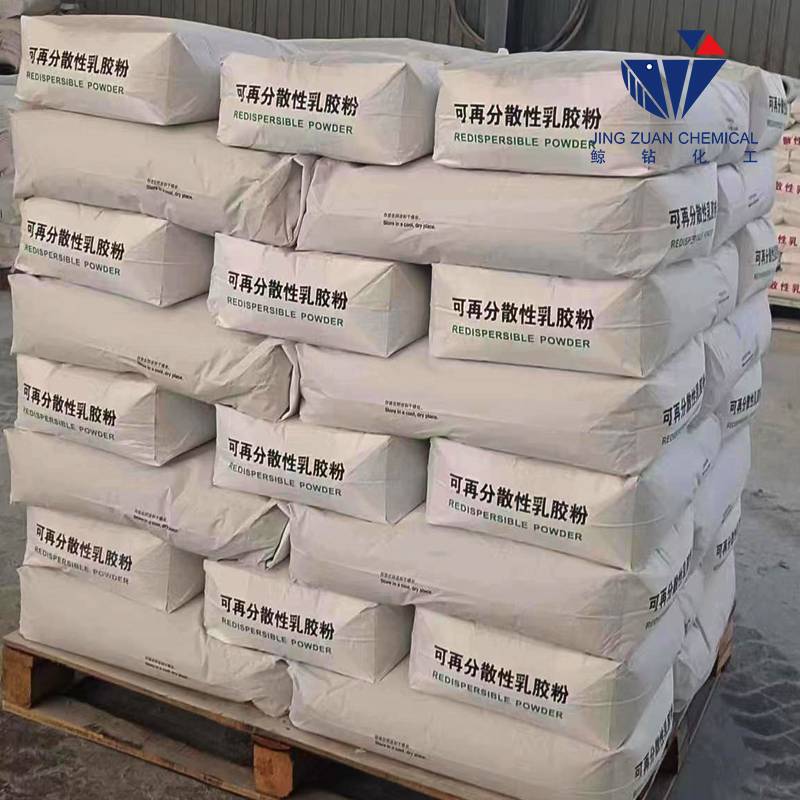
ต.ค. . 21, 2024 16:14 Back to list
Exploring the Diverse Applications of Hydroxyethylcellulose in Various Industries
Uses of Hydroxyethylcellulose A Multifaceted Polymer
Hydroxyethylcellulose (HEC) is a non-ionic, water-soluble polymer derived from cellulose, a natural polymer found in the cell walls of plants. As a versatile thickening agent, stabilizer, and film-forming agent, HEC finds extensive application across various industries, including pharmaceuticals, cosmetics, food, and construction. This article explores the diverse uses of hydroxyethylcellulose, highlighting its significance in modern formulations and products.
Pharmaceutical Applications
In the pharmaceutical industry, hydroxyethylcellulose is widely utilized for its thickening and gelling properties. It serves as a key ingredient in both topical and oral formulations. HEC is employed in ointments, creams, and gels to enhance viscosity, ensuring a smooth application and improved adhesion to the skin. Furthermore, it helps to stabilize emulsions and suspensions, preventing separation and maintaining consistency over time.
In oral drug formulations, HEC is used as a binder in tablet manufacturing. It improves the cohesion of the active ingredients, ensuring that tablets remain intact and maintain their physical integrity. Additionally, it can act as a controlled-release agent, gradually releasing drugs into the body, which is crucial for optimizing therapeutic effects and minimizing side effects.
Cosmetological Benefits
The cosmetic industry also greatly benefits from hydroxyethylcellulose due to its ability to enhance texture and viscosity. It acts as a thickener in various personal care products, such as shampoos, conditioners, lotions, and creams, providing a desirable feel during application. HEC contributes to the smoothness and spreadability of these formulations, making them more appealing to consumers.
In skin care products, hydroxyethylcellulose helps to retain moisture, providing a hydrating effect that is essential for maintaining skin elasticity and preventing dryness. Its film-forming properties offer a protective layer on the skin, which can help in shielding it from environmental damage while providing a pleasing sensory experience.
hydroxyethylcellulose uses

Food Industry Applications
In the food sector, hydroxyethylcellulose is utilized as a food thickener and stabilizer. Its ability to enhance texture and consistency makes it suitable for various food products, including sauces, dressings, dairy items, and baked goods. HEC improves the mouthfeel of products without significantly altering their flavor, making it an ideal choice for health-conscious consumers seeking low-fat or reduced-calorie options.
Moreover, hydroxyethylcellulose can act as a fat replacer, providing similar sensory qualities to fat without the added calories. This characteristic is particularly valuable in the formulation of low-calorie foods, allowing manufacturers to produce healthier alternatives without compromising on taste and texture.
Construction and Adhesives
In the construction industry, HEC is employed in products such as adhesives, sealants, and tile cements. Its thickening properties enhance the workability of these materials, making them easier to apply and manage. Hydroxyethylcellulose helps to control the flow and consistency of adhesives, ensuring optimal bonding and adhesion once set.
Furthermore, HEC is utilized in paints and coatings to improve viscosity and stability. It helps to prevent settling of pigments and fillers, ensuring a uniform distribution that enhances the final appearance and performance of the coating.
Conclusion
Hydroxyethylcellulose is a remarkable substance with a broad range of applications across various industries. From enhancing the stability and texture of pharmaceutical and cosmetic formulations to serving as a food thickener and a critical component in construction materials, its versatility is undeniable. As consumers increasingly seek products that are both effective and safe, the demand for hydroxyethylcellulose is likely to grow. With ongoing research and development, we can expect to see even more innovative uses for this valuable polymer in the future, further solidifying its role in enhancing product performance and consumer satisfaction.
-
Versatile Hpmc Uses in Different Industries
NewsJun.19,2025
-
Redispersible Powder's Role in Enhancing Durability of Construction Products
NewsJun.19,2025
-
Hydroxyethyl Cellulose Applications Driving Green Industrial Processes
NewsJun.19,2025
-
Exploring Different Redispersible Polymer Powder
NewsJun.19,2025
-
Choosing the Right Mortar Bonding Agent
NewsJun.19,2025
-
Applications and Significance of China Hpmc in Modern Industries
NewsJun.19,2025







